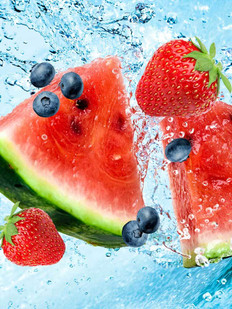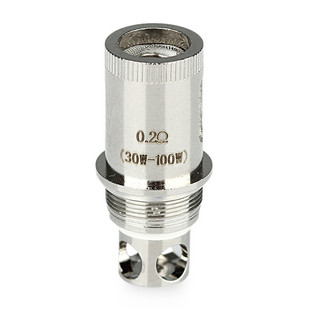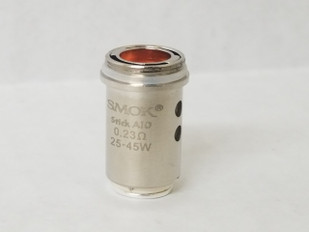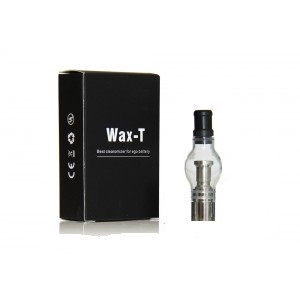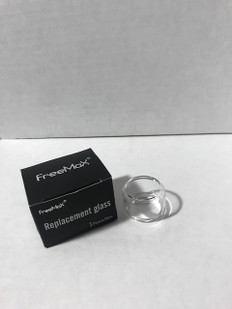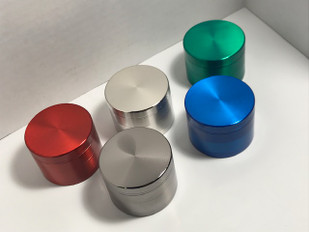- Home
- The Vape Mall Blog
- Vaping in the UK
Vaping in the UK
Posted by on
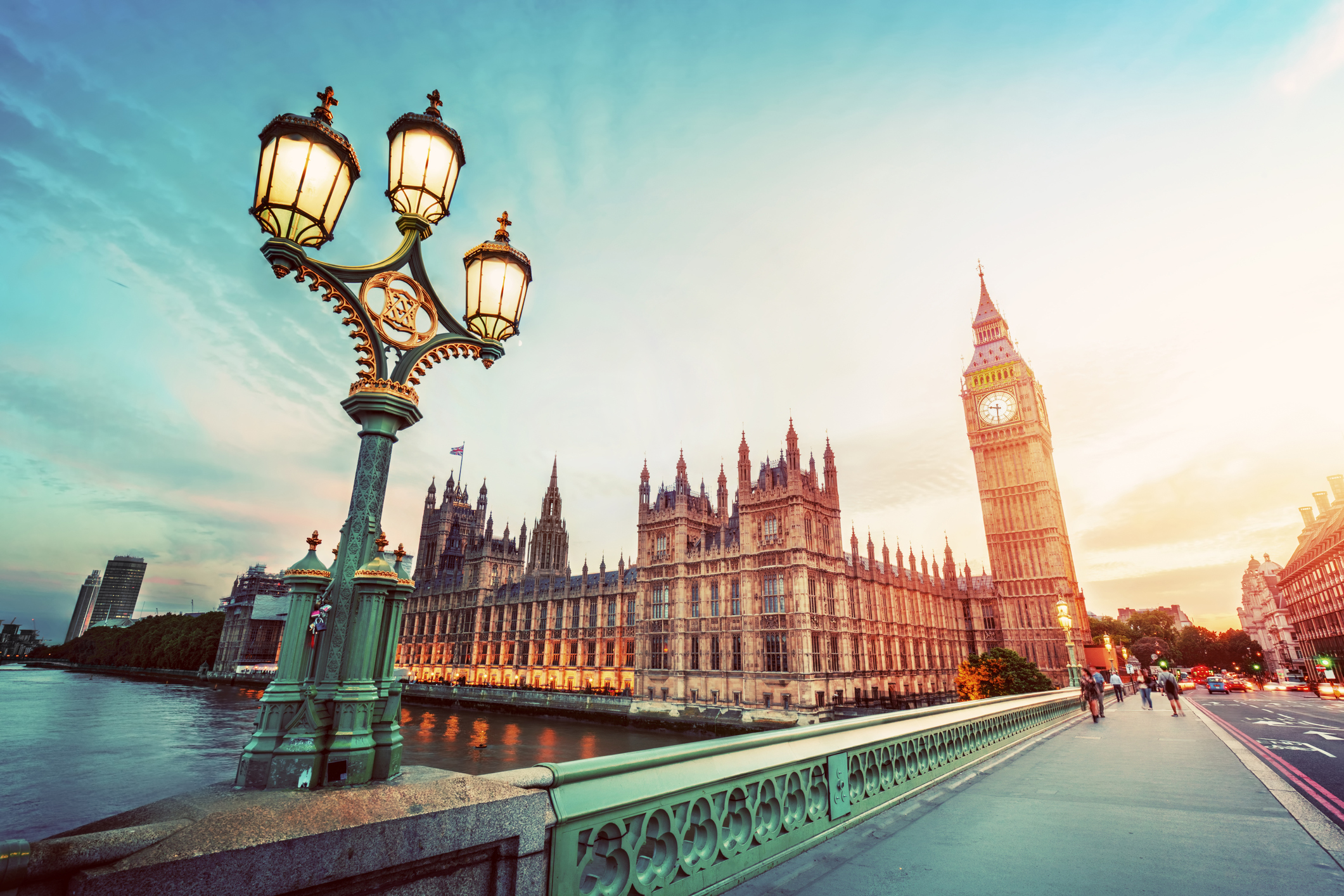
When it comes to the various regulations on vaping and the different types of devices used for it, the United States and the United Kingdom take extremely different approaches. Currently, the FDA in the United States is being pushed by several senators to ban flavored e-liquid products in response to the recent spike in teenage vaping. While the United Kingdom also has strict regulations, it appears the general view that authorities have on vaping is much more laid back.
Authorities in the United Kingdom
are much more comfortable with the idea that vaping is a far less harmful
substitute for tobacco cigarettes. Because of this view, vaping is less
stigmatized socially than it is in the United States.
However, this more relaxed perspective on vaping doesn't mean that the United
Kingdom doesn't have its own set of strict rules when it comes to how vaping
products are produced, sold and marketed. For one thing, the act of vaping is
banned in locations where the smoking of tobacco products is banned. This law
also exists in the United States.
Experts believe that the more laid-back view on vaping is the result of the
unique regulations that UK legislators have placed on the vaping industry.
These regulations mostly have to do with how vaping products are produced and
sold in stores.
Currently, there are seven specific laws that vaping brands must follow. These
rules include restricting the capacity of vape tanks to two milliliters,
restricting e-liquid bottle sizes to ten milliliters, putting no more than 20
mg of nicotine in an e-liquid product, and restricting certain types of
ingredients and coloring agents.
Meanwhile, in the United States, vape juice brands basically have free reign
when it comes to how they produce their products. Because of this, more
American legislators are worried about the effects of these products on those
who vape. Thanks to an increase in the popularity of portable vaping devices
like JUUL, Americans are more concerned than ever about how the vaping industry
is getting teenagers hooked on nicotine by appealing to their taste buds with
flavors that are inspired by desserts and candies.
In the United Kingdom, products from manufacturers like JUUL are banned. This
is because these portable vaping devices use e-liquids that contain salt-based
nicotine. This type of nicotine is incredibly potent. Therefore, it's too high
by the United Kingdom's standards.
The United Kingdom also doesn't allow e-cigarette companies to claim that their
products are safer than conventional cigarettes. Vapers, however, feel that
this may do more harm than good. Even
Public
Health England has stated that vaping is 95 percent safer than smoking tobacco
cigarettes
. By banning the ability for vaping brands to promote
their products as less harmful to a person's health, cigarette smokers may
never switch to what many believe is a far safer alternative.
Despite the extremely strict regulations regarding vaping in the United Kingdom, it appears the government is more open to acknowledging studies that demonstrate how vaping is less harmful than the smoking of tobacco products. By regulating how vaping products are created and sold, UK authorities can ensure that those who have switched from tobacco products to vaping can continue to get their fix without being exposed to questionable ingredients or extremely high doses of nicotine.
 Loading... Please wait...
Loading... Please wait...



